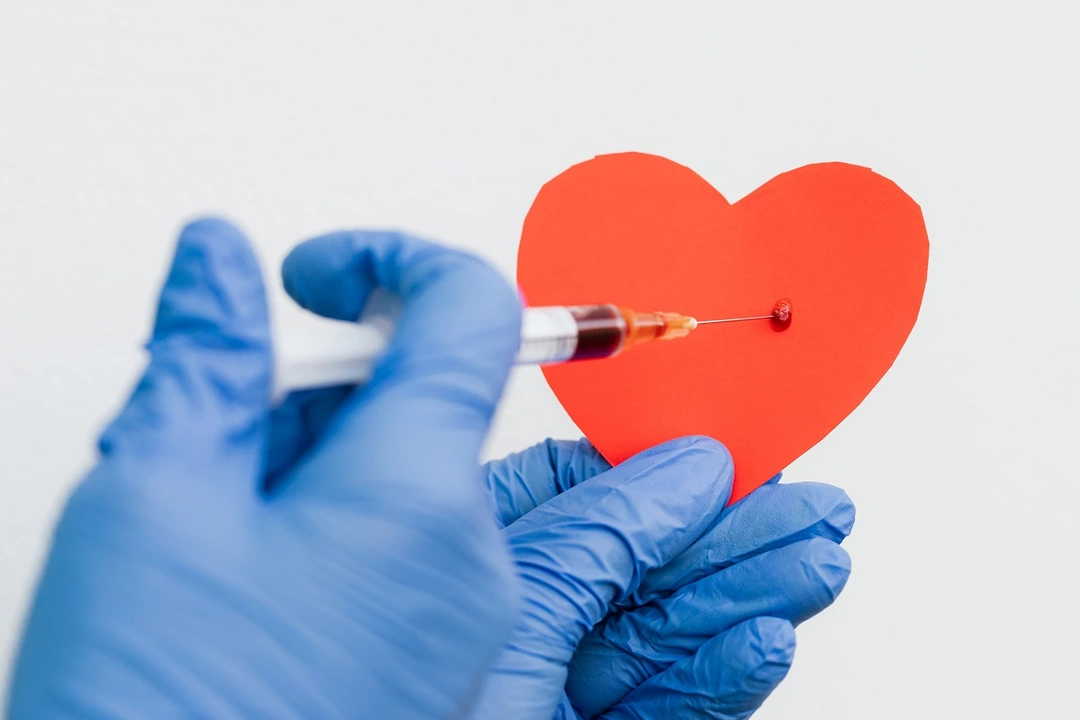Cholesterol Basics You Need Right Now
If you’ve ever seen a blood test with ‘LDL’ or ‘HDL’, you know cholesterol can feel confusing. The good news? It’s just a type of fat that travels in your blood, and you can keep it in check without turning your life upside down.
What the Numbers Really Mean
Total cholesterol is the sum of several parts. LDL (bad) carries fat to arteries where it can build up, while HDL (good) helps clear that stuff away. Aim for LDL under 100 mg/dL and HDL above 40 mg/dL for men or 50 mg/dL for women. Your doctor will give you a target based on age and other risks.
Simple Food Swaps to Lower Bad Cholesterol
Swap white bread for whole‑grain, trade butter for olive oil, and choose fish like salmon instead of fatty red meat. Adding a handful of nuts or a spoonful of avocado each day can boost HDL without adding extra calories.
Snack cravings? Grab carrot sticks with hummus rather than chips. The fiber in veggies binds cholesterol in your gut and helps flush it out. Even a daily apple or a bowl of oats can make a noticeable difference over weeks.
If you’re not sure where to start, try the “plate method”: fill half your plate with non‑starchy veg, a quarter with lean protein (chicken, beans, fish), and the remaining quarter with whole grains. This keeps calories balanced and supports healthy lipid levels.
Exercise matters too. Just 30 minutes of brisk walking, cycling, or dancing most days can raise HDL by up to 10 %. You don’t need a gym—any activity that gets your heart rate up works.
When lifestyle changes aren’t enough, doctors may suggest statins. They’re proven to lower LDL and cut heart‑attack risk. Talk with your pharmacist about side effects; most people tolerate them well, especially when taken at night.
Keep track of progress by retesting every 6–12 months. Small improvements add up, and seeing numbers drop is a real confidence boost.
Bottom line: managing cholesterol isn’t about drastic diets or endless pills. It’s about everyday choices—what you eat, how you move, and staying in touch with your doctor. Start with one swap today, and watch the change roll in.
Acitretin and Cholesterol: How It Can Affect Your Heart Health
In my recent research, I came across the connection between Acitretin, a medication used to treat severe psoriasis, and its impact on cholesterol levels. It turns out that Acitretin can cause an increase in cholesterol levels, which is concerning for heart health. This increase in cholesterol can lead to a higher risk of developing heart diseases, which is something I wasn't aware of before. It's crucial for those taking Acitretin to monitor their cholesterol levels regularly and maintain a heart-healthy lifestyle. Always consult with your doctor to discuss any potential risks and how to manage them while on this medication.
learn more